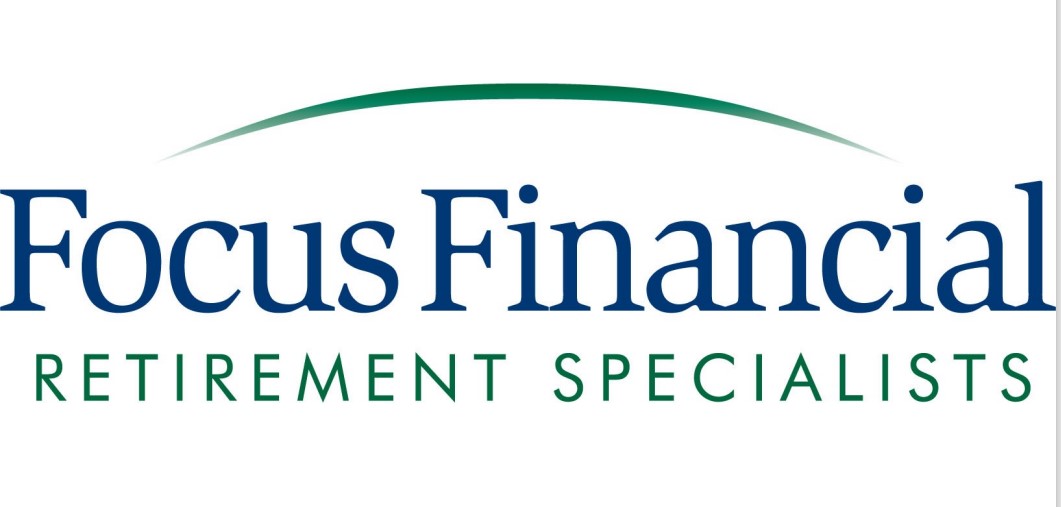Credit card usage is ubiquitous for Americans. Online purchases are just a click away when paying with a card, while other transactions — car rentals, for instance — require a credit card for both payment and security.
Commensurate with credit card usage is carryover debt that accumulates each month, a financial strain for those entering retirement. There are a few key considerations for using a credit card once you’re relying on a fixed monthly income.
When living on a fixed income, using a credit card as if it were income may deliver a short-term benefit — I.e., that big ticket item that looked too good to pass up — but it comes at a long-term cost: an inability to sustain your standard of living.
While paying for groceries and other necessities is convenient with just a swipe or tap at the register, unless you can pay off the balance each month, you’ll incur a credit card bill that accumulates finance charges each month, making it an increasingly formidable debt to discharge.
What to Consider When Considering a Credit Card
Not all credit cards are alike. When assessing whether to sign up for a card, consider your intended use. Cards with enticing rewards programs may be appropriate if you’re paying off the balance each month, though these programs typically come with hefty annual fees. Also, if the cards include a high interest rate, it’s financially prudent to turn down the prospective rewards and instead look for a card with a lower interest rate.
Nurture Your Credit
You can receive a lower interest rate on a credit card if your credit score is strong. To improve your rating, pay your bills on time and minimize your debt.
Chipping Away at Debt
While doing away with all credit cards may be impractical, reducing your debt will help keep your finances in order and your fixed income more predictable.
This material is for general information only and is not intended to provide specific advice or recommendations for any individual. There is no assurance that the views or strategies discussed are suitable for all investors or will yield positive outcomes. Investing involves risks including possible loss of principal.This material was prepared by LPL Financial, LLC
